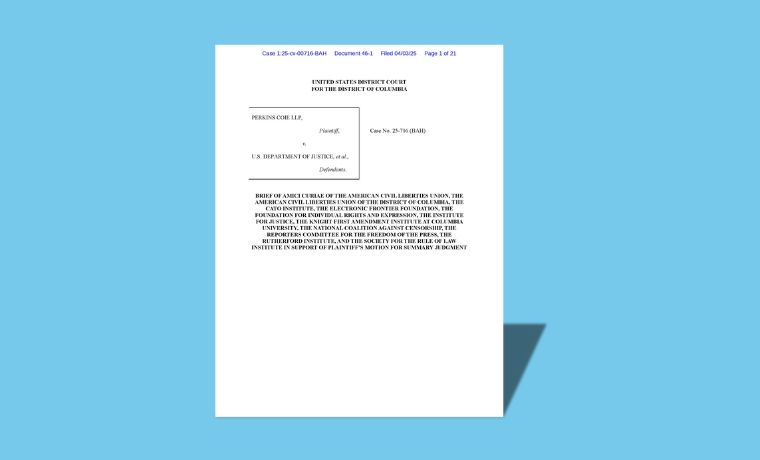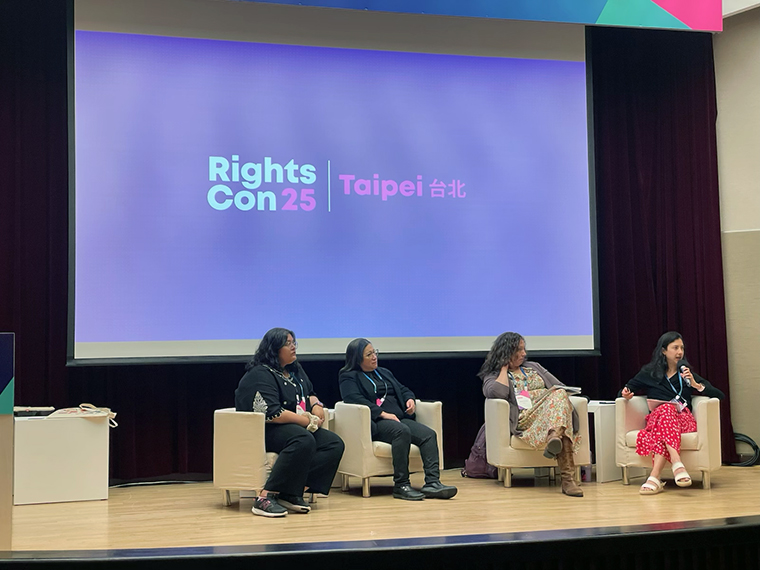The Need to Move From Process to Impact: An Assessment of the New Corporate Human Rights Benchmark Report

November 26, 2024
Just in time for the 13th United Nations Forum for Business and Human Rights this week in Geneva, the Corporate Human Rights Benchmark (CHRB) published a report describing the state of play of business human rights. The report is based on data from 2017 through 2023, covering 250 of the most influential companies globally.
The insights are sobering. While two-thirds of the companies studied made progress towards implementing human rights, the type of implementation shows that companies adopt human rights due diligence procedures, but they don’t assess whether these procedures actually lead to the desired outcomes. The impression one is left with is that form eclipses function, process outweighs impact.
Most disappointing is the minimal progress that companies have made in establishing responsible purchasing practices in their supply chains. According to the CHBR, only 12% established responsible purchasing practices. Our research in the context of the apparel sector shows that purchasing practices are the root cause of many systemic labor compliance issues. Ever-shorter lead times and lower prices set incentives for factory managers to cut corners and compromise workers’ health, safety, and benefits. Non-compliance issues such as excessive overtime, unpaid wages, and informal subcontracting are often a symptom of brands’ purchasing practices that are not aligned with their supposed commitment to human rights. Without adjusting purchasing practices, global companies will never achieve the human rights goals they purport to pursue.
Overall, the CHBR study highlights a significant gap between risk identification and action. While almost half of the companies in the sample identify human rights risks, only 16 percent act on these insights — and this number has been stagnant.
To close this gap, companies need more support from human rights experts in academia and practice to develop implementation strategies and levers, as well as monitoring and impact assessment methodologies. At the UN Forum, BHR scholars will gather to discuss the most pressing research and teaching gaps in the field; the CHRB report provides a useful foundation for this conversation. For example, researchers should conduct further research on the elements that constitute good purchasing practices in the apparel industry.
At our 8th annual meeting of the GBSN Business and Human Rights Impact Community on Nov. 25 in Geneva, we will discuss how to accelerate the integration of human rights in business school education. The CHRB report shows a pressing need to develop human rights expertise that can propel companies to action on behalf of workers and society at large. Future business managers need to be prepared to do more than identify risks. They must also manage human rights in daily business practice. Our community of business schools from around the world works on this agenda. If you are a business school instructor, currently teach, or plan to teach business school students, please join our community!
 Business Education
Business Education Business & Human Rights Leadership
Business & Human Rights Leadership


